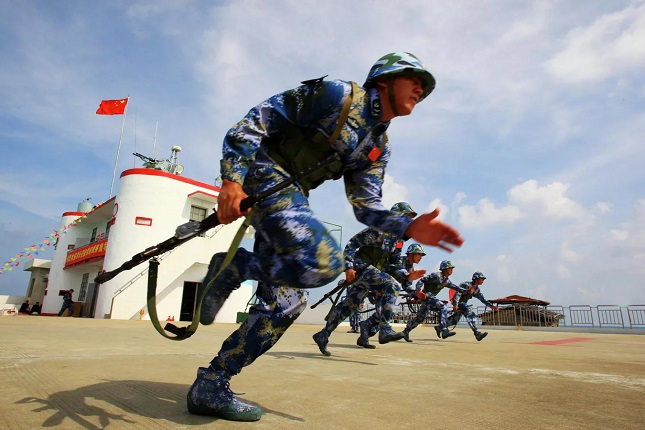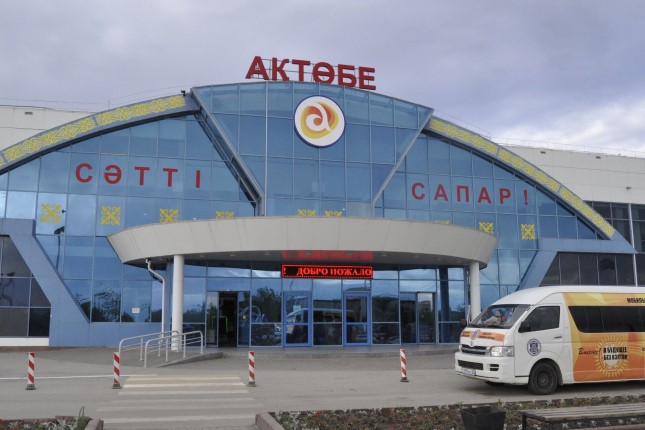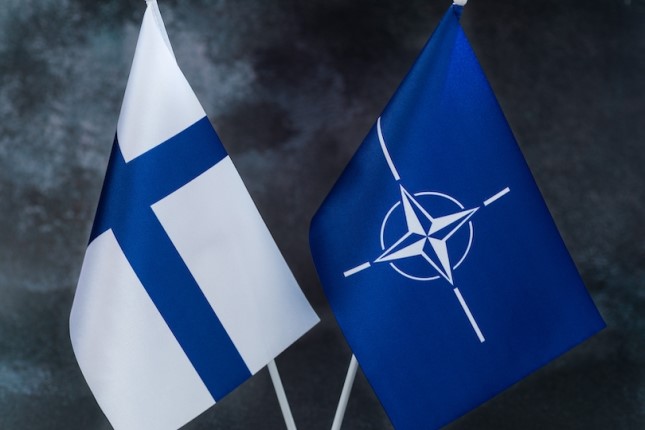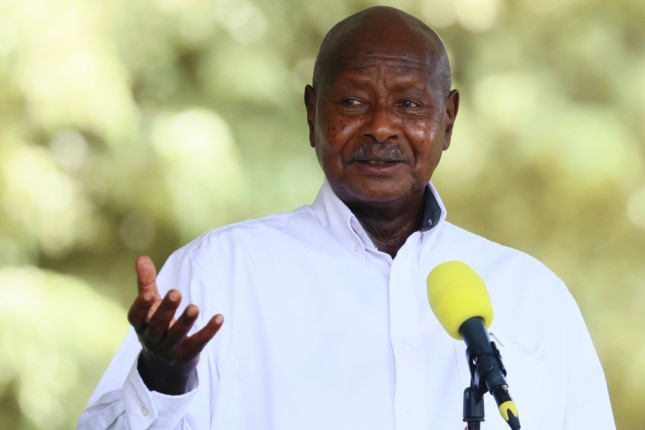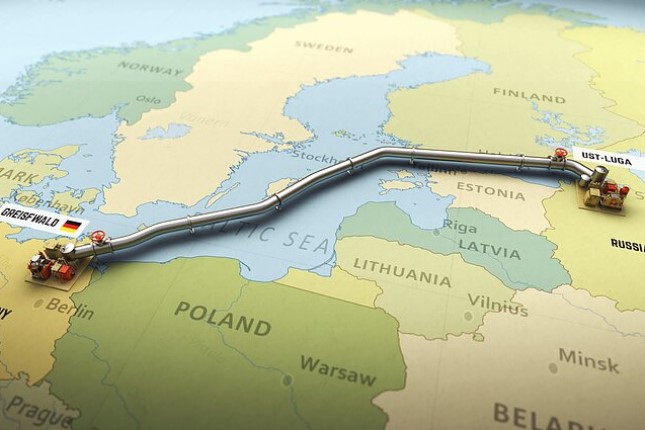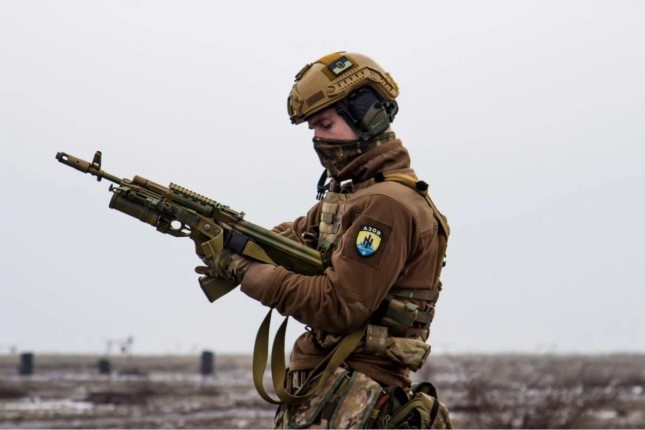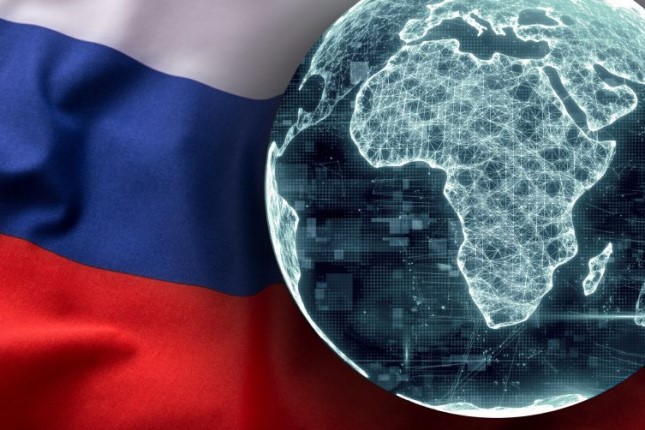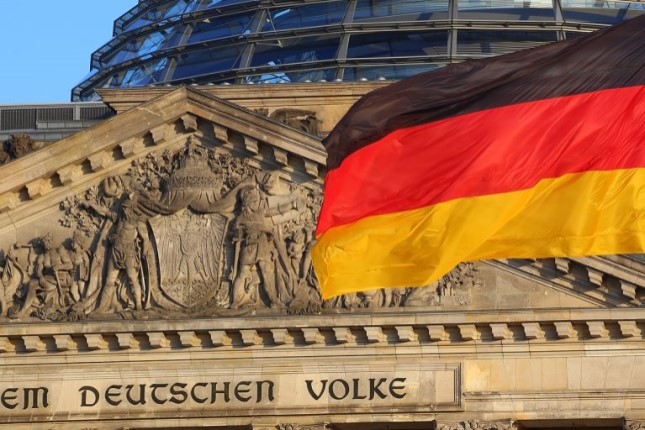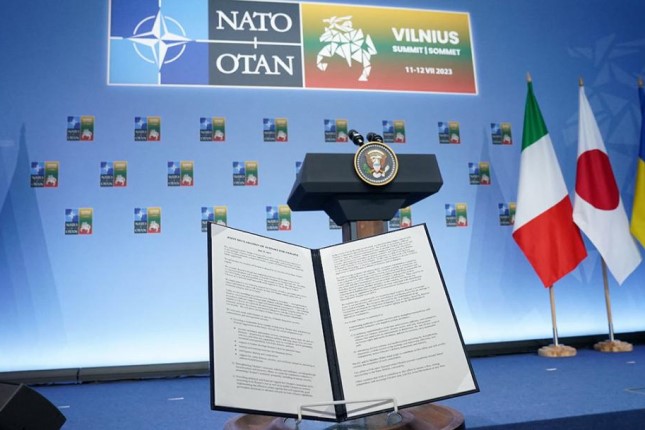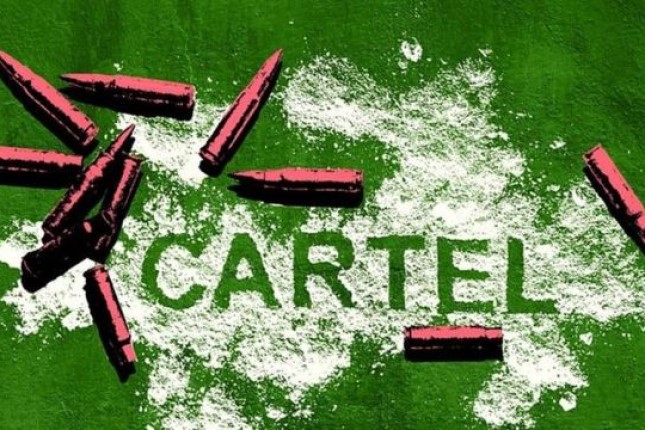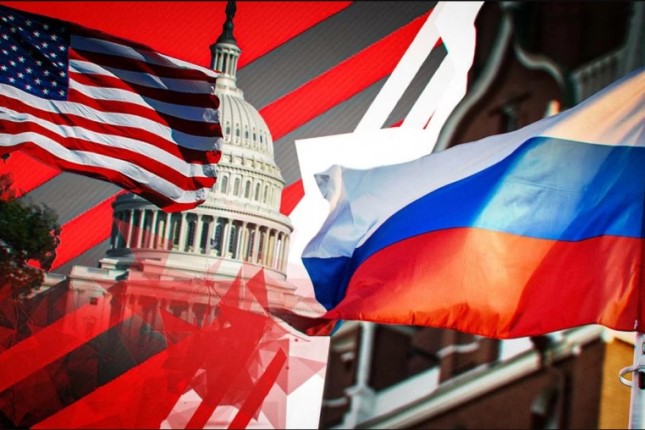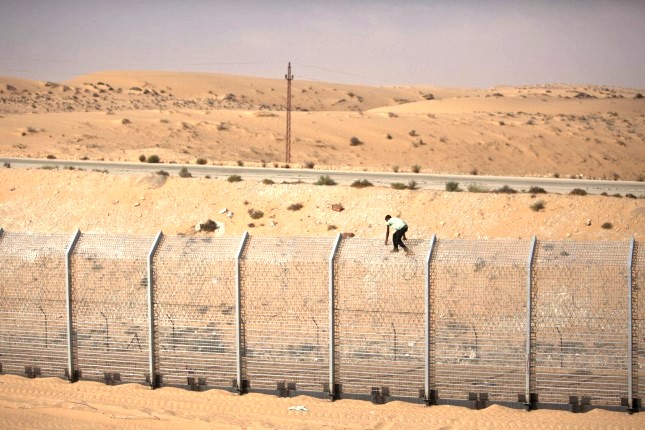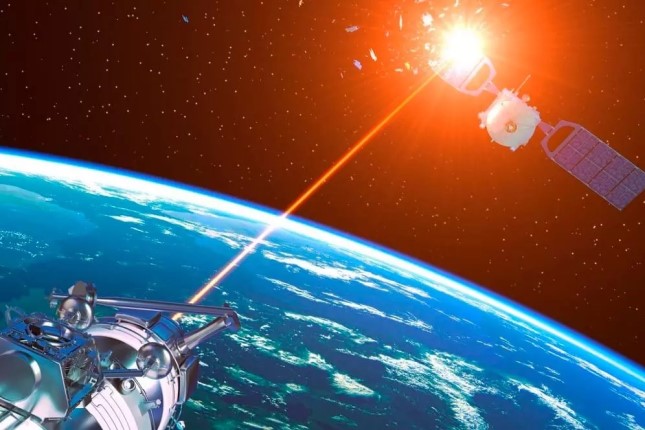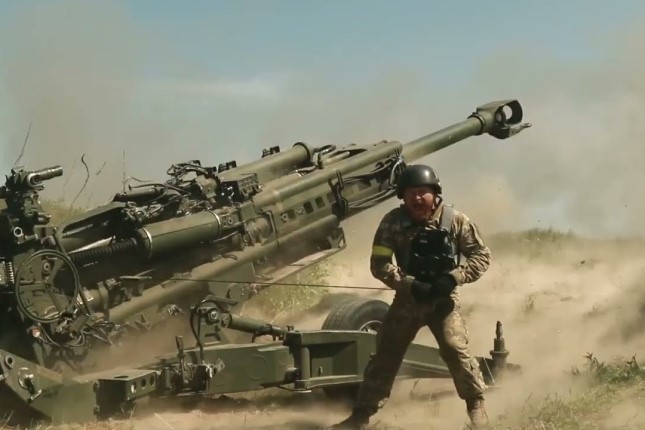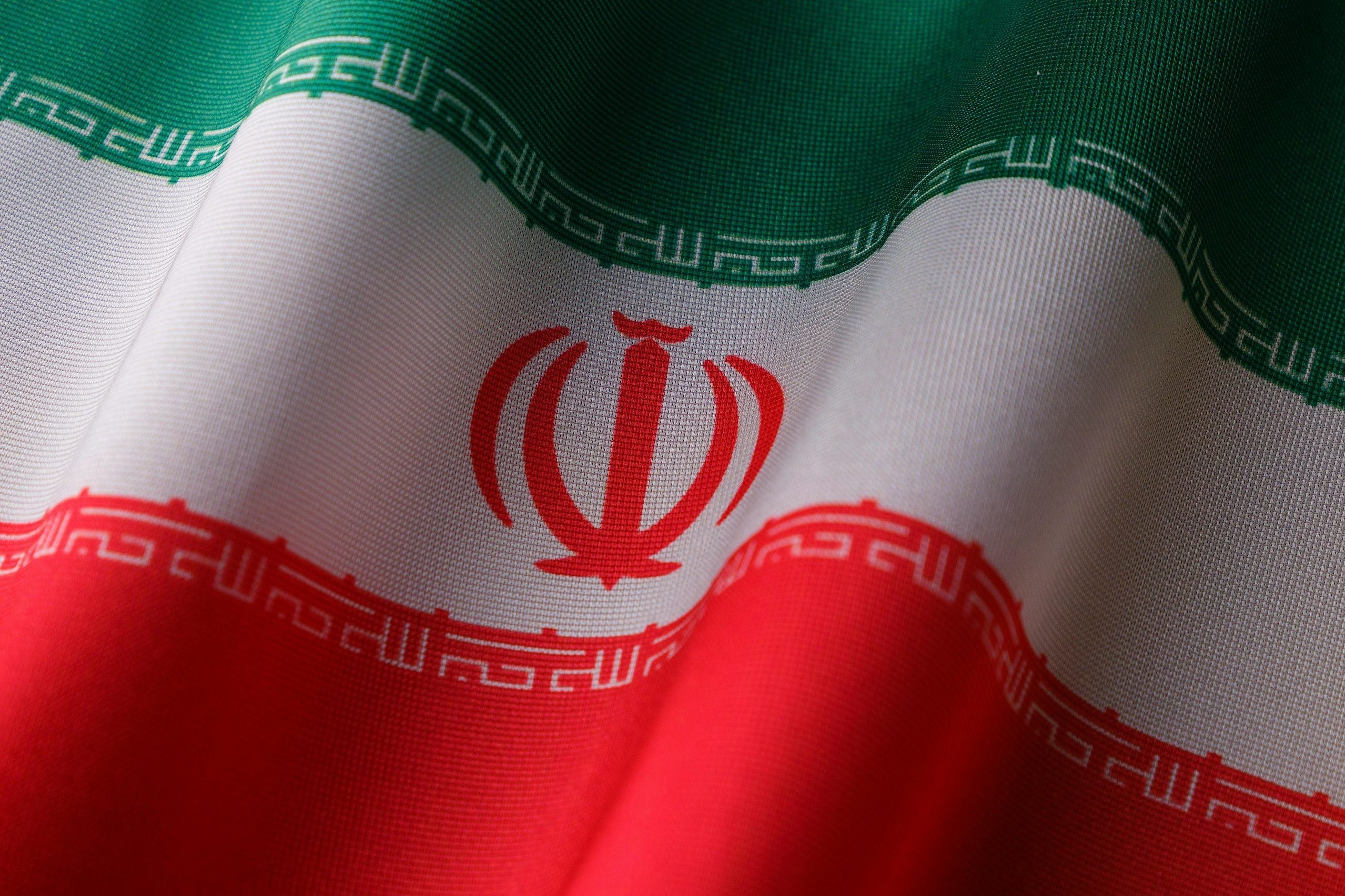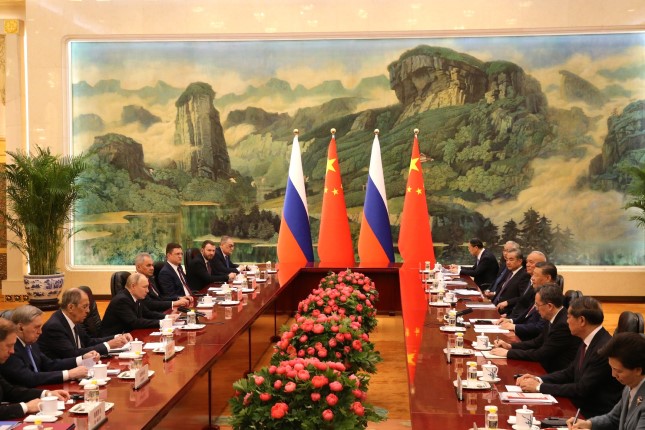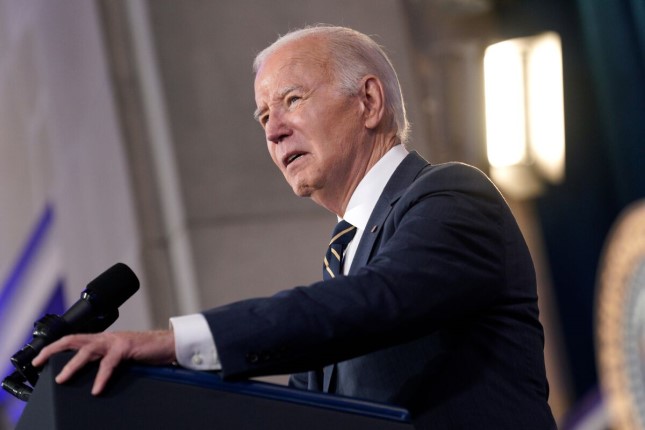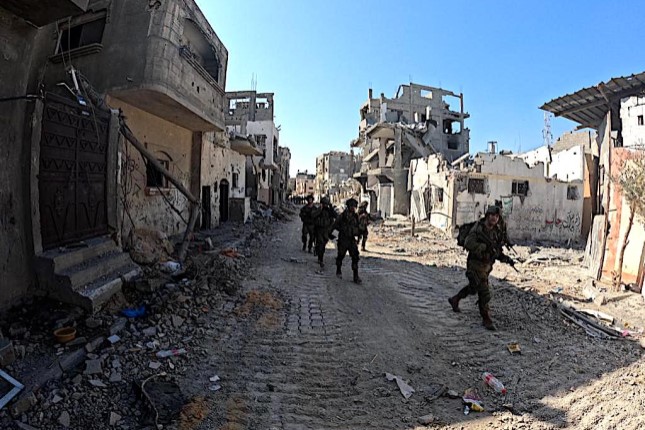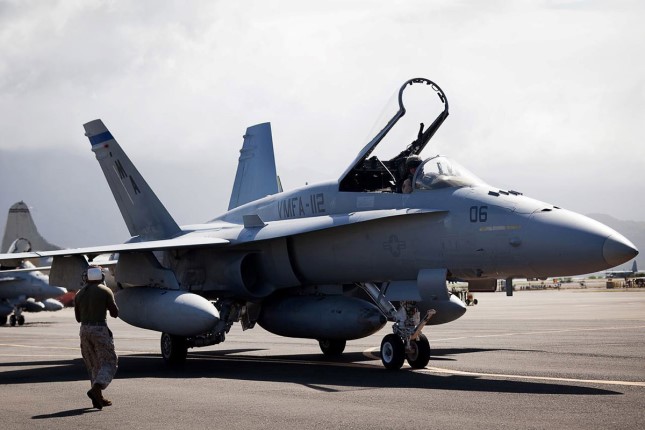US House of Representatives speaker Nancy Pelosi's Taiwan visit resulted in a grave crisis in US-China relations, so grave as to sideline Russia's special operation in Ukraine. The People's Republic of China is conducting military exercises around the island, which it recently extended until August 15, and has been rehearsing a landing operation. The drills involve missile launches toward waters around the island. In this regard, Chinese officials are employing militant rhetoric and the US keeps expressing concern.
Secretary of State Antony Blinken called what was going on around Taiwan an overreaction resulting in escalation. Meanwhile, China's Deputy Foreign Minister Ma Zhaoxu accused the American side of the escalation, saying:
The crisis is unilaterally provoked by the US. Despite China’s many representations, the US still allowed Pelosi to visit Taiwan. Faced with this, China has no choice but to fight back and defend its sovereignty and territorial integrity. The responsibility and consequence of the current tensions have to be borne by the US and the “Taiwan independence” separatist forces.
Such statements on the part of China and the US make the Asia-Pacific region look increasingly like Europe on the eve of February 24, when spiralling escalation triggered warfare in Ukraine. The rising hostility between the US and China may end up turning into an armed conflict around Taiwan. The Columnist has already noted that such a war, which may break out in the coming five to ten years, will cause a disaster for the entire global economy.
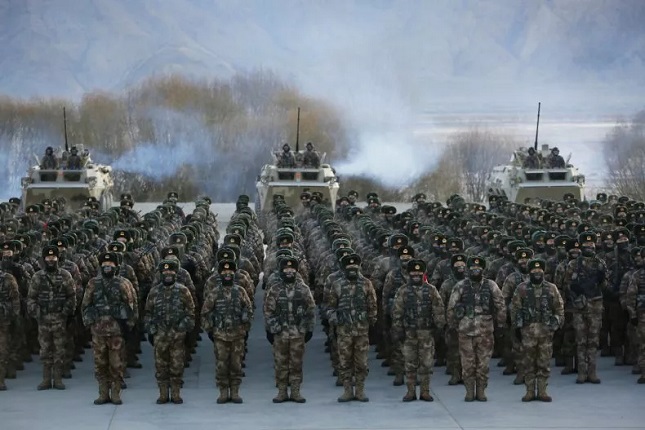
Soldiers of the People's Liberation Army of China. Photo: STR / AFP / Getty images / Getty.
Control over Taiwan is a strategic issue for both the US and China. This island, which is only 36,000 sq. km wide, boasts a unique geographical position and serves as an important hub in global industrial processes. That is why neither Americans nor Chinese want to compromise on that.
If China takes Taiwan, not only will it be able to boost its already impressive economy but also gain access to the Pacific Ocean. If the US loses Taiwan, it will suffer its heaviest geopolitical and economic defeat not just regionally but globally. This will only make it more difficult for the US to contain China and undermine the US system of global alliances, showing that the US can't keep its promises and protect its partners.
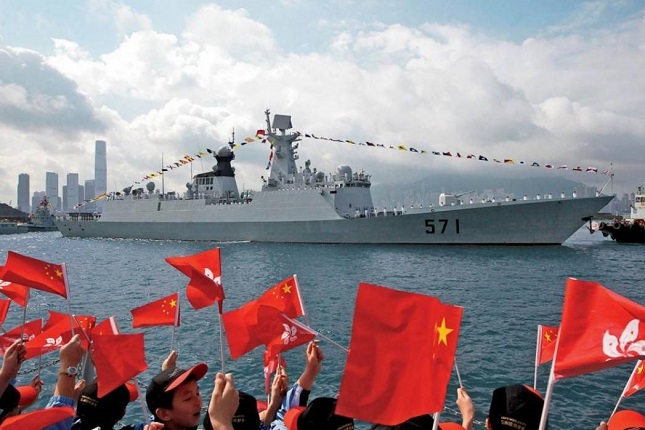
Free access to the Pacific Ocean is a vital necessity for China. Photo: ytimg.com
A full-scale war over Taiwan will deal irreparable damage to the world's best and unique semiconductor industry concentrated on the island. Taiwan is responsible for 63% of the market, worth USD 147 billion. Over half of the global semiconductor trade is controlled by Taiwan Semiconductor Manufacturing Company, a whopping share against South Korea's 18%, China's 6%, and the rest of the world's 13%. In addition, TSMC controls 90% of the state-of-the-art segment of chip manufacturing. The company produces chips of less than 10 nm in size, which is 10,000 times thinner than a sheet of paper. Intel and Samsung, the closest rivals, have yet to approach this level of advanced technology. The US finds TSMC so important that Nancy Pelosi even met with the company's president Mark Liu while visiting Taiwan.
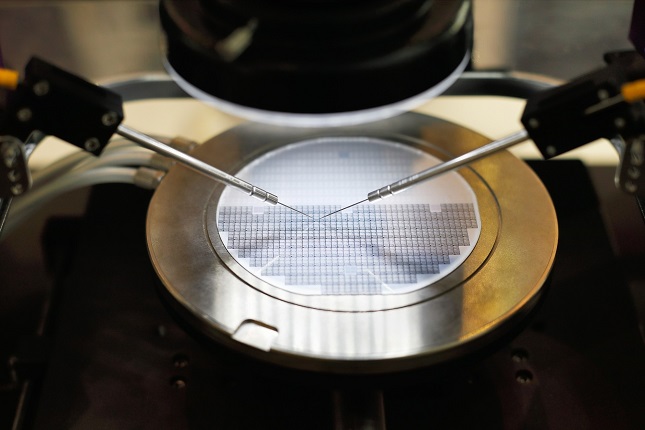
A semiconductor silicon wafer being tested. Photo: Getty Images.
An armed conflict around Taiwan would mean a grinding halt for many sectors of the world economy, ranging from smartphone and car production to making TV sets and refrigerators. Something like that happened in 2020 when a Covid-19 epidemic disrupted microchip supplies, but on a far smaller scale. The media dubbed it chipageddon, but, quite obviously, the new crisis will need stronger epithets should a war break out in Taiwan because it would entail global downgrading of the industry to older-generation solutions and bring more primitive products back to the market.
Against growing tensions around Taiwan and an increasing probability of actual warfare, potential parties to the war are trying to beef up their own semiconductor production and reduce their dependence on Taiwanese technology.
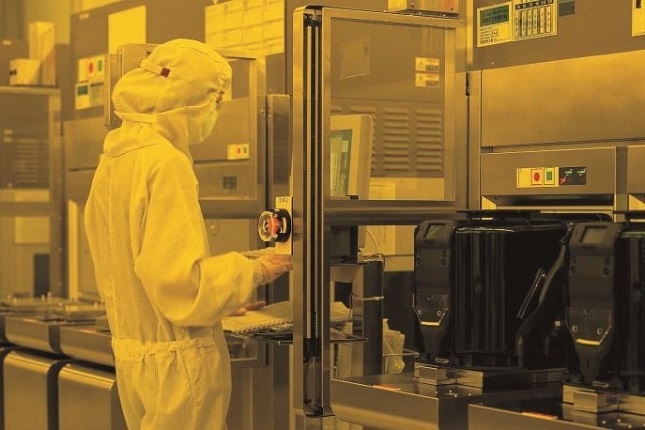
Chip manufacturing at TSMC. Photo: TSMC.
Europe has been considering this, too. Last year, machinery and appliances made up nearly 60% of all EU imports from Taiwan, and a sudden cut to these supplies would deal a serious blow to European business. Politico magazine has voiced an opinion that if China launches an armed attack to conquer Taiwan, this will instantly wreck the crucial industrial and transportation processes.
But it will take both the US and China a few more years to create technology and develop production facilities on their own territories comparable to those currently concentrated in Taiwan. In the meantime, the whole world will continue relying on Taiwanese semiconductors, which will ensure the island's safety perhaps just as well as American guarantees or cutting-edge weaponry could. The Taiwanese acknowledge the defensive potential of their main industry and call it huguo shenshan, meaning a "magical mountain that protects the nation".
Main photo: Marines of the People's Liberation Army of China. © AP / Zha Chunming.
